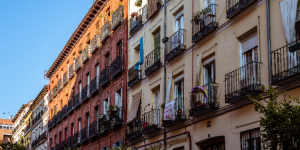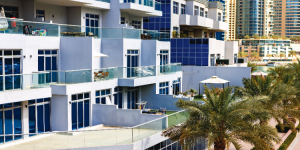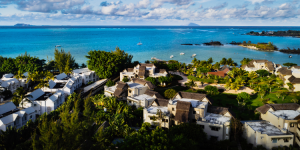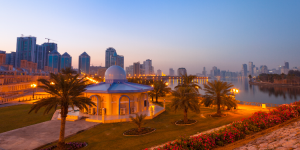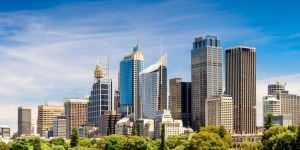
Buying property abroad as an expat can require more research, and may involve more risks than buying in your home country. You should start planning the purchase well in advance, do some research on formalities such as visa requirements for buyers and mortgage conditions, and get expert advice when necessary. Expat.com has put together a guide to finding and buying the right property for you, whether it’s an investment solution, a holiday home, or a permanent residence.
Know why you want to buy a property
In all cases, a property is a type of investment, however, before purchasing real estate, define the main reasons behind such a costly move. If you are buying with investment in mind, look in tourist hubs or big cities which are popular among digital nomads, leisure, and business travellers. These properties tend to go up in value and secure a high rental income throughout the year. On the other hand, if you are searching to buy your permanent home abroad to settle in with your family, consider the cost and quality of life, accessibility, population of https://www.expat.community, and facilities (e.g. hospitals, schools, entertainment) in different regions in the country before you conclude.
Create a budget
Owning property doesn't only involve the cost of buying it — there are more expenses to consider beyond the price of the house. To complete a real estate purchase and to make the house livable or profitable, you will have to pay the broker's and attorney's fees, taxes, and spend money on furniture and appliances. For example, in Spain, a stamp duty, which is the tax you pay on any property purchase, is about one per cent of the purchase price, and a VAT tax is about ten per cent. Also, there is a yearly ownership tax which fluctuates from property to property and location to location; in Spain, it starts from 100 Euros and goes up to as much as 3,000. In general, you may end up spending an additional 2 to 5 per cent of the purchase price in closing fees.
Research the different regions
Before deciding on a specific location, it's a good idea to understand what everyday life is like in the area. If you aim to rent out your property to holidaymakers, make sure the area is well-connected and has attractions, as well as activities for different ages and tastes. Also, do market research to check whether property values in the region have been declining or increasing in recent years. This will help you understand whether a property purchase in this location is a good investment or a risky one. The best way to get a clear picture of all the above is to rent a house for a few weeks and explore the area where you plan to buy with the mindset of a permanent resident.
Consider all types of properties
Do you prefer to buy a new construction property, which won't require any refurbishment or a resale property in which you can apply your creativity and renovation ideas? There are also off-plan properties, which have been approved for construction by the local authorities, but it is likely that the house will not be built due to bureaucracy, the bankruptcy of the development company, or other reasons.
Hire a property agent and an attorney
Once you have decided on the region, type of property, and budget ask the help of a property agent, who will narrow down the options for you based on your criteria. However, keep in mind that a property agent may not always prioritise your best interest, but the sellers, as often it is the seller who pays the agent's commissions. If you aren't fluent in the official language of the country you want to buy property in, an attorney (who speaks your native language too and is registered with the local bar association) will guide you through the process and the local real property laws.
Organise the formalities
Depending on your expatriation plans, you will have to apply for a different visa to stay and purchase real estate in your host country. For example, if you wish to retire overseas, you will need a resident permit, which allows you to live in the country without working — as long as you can prove that your pension from back home is adequate to support you financially while abroad. Many countries such as Spain, Portugal, the Bahamas, and Mauritius offer residency in exchange for foreign investment in property, which is worth more than a certain amount.
Get a survey and an inspection done
Before you make up your mind about a property, book an inspection to find out about defects in the house that most likely aren't obvious, and about structural improvements that you can make. A survey, which is also done by experts, will tell you where is the beginning and end of your property and land; also you will find out about the exact locations of underground cables and pipes.
Negotiate the contract
Before signing the contract for your property purchase, make sure that you have no unanswered questions left. Among other details, the contract has deadlines, both for you and the seller, for different stages of the process depending on the type of property you are buying. Some information you should see on the contract is the date of completion for an off-plan construction, scheduled repairs and the person in charge to cover the cost, taxes, etc.
Close on the property
To close on your desired house, you should be able to pay an initial deposit, which varies from one country to another. In Europe, it's about ten per cent, whereas in the USA and Australia it's up to 20 per cent. In general, a bigger deposit increases the chances of the approval of your loan and means borrowing less money, thus paying less interest to the bank. This final stage of your purchase should take place at a notary's office, and if you cannot be there in person, you have the option to send a representative.
